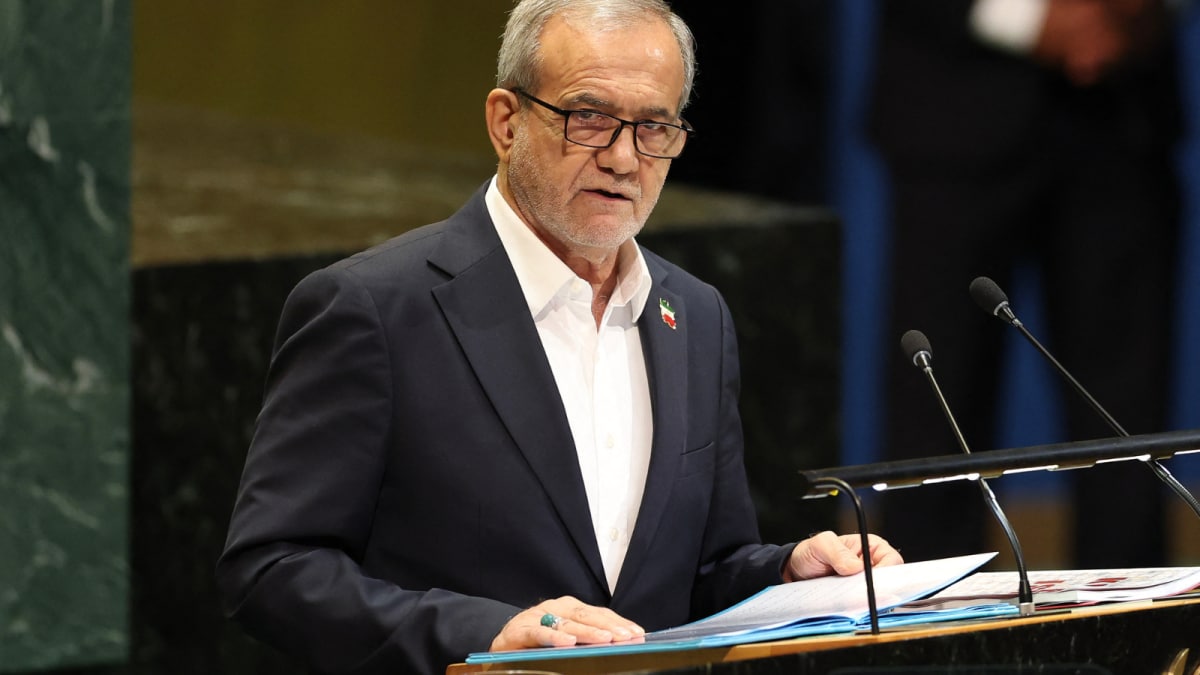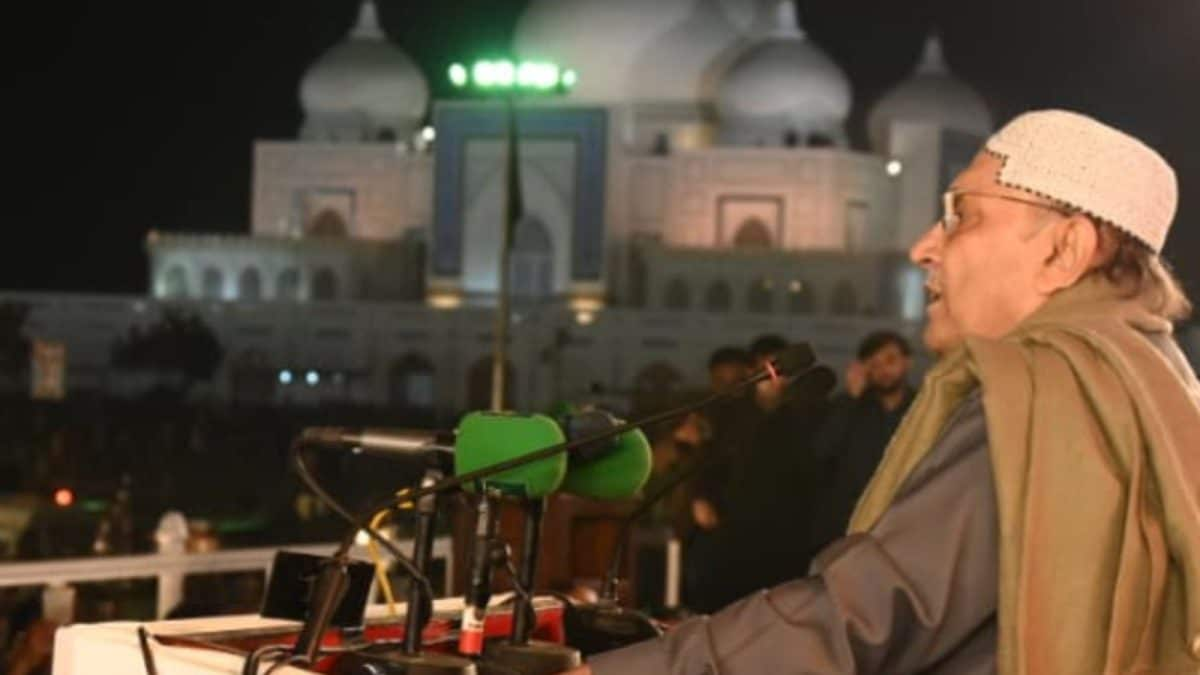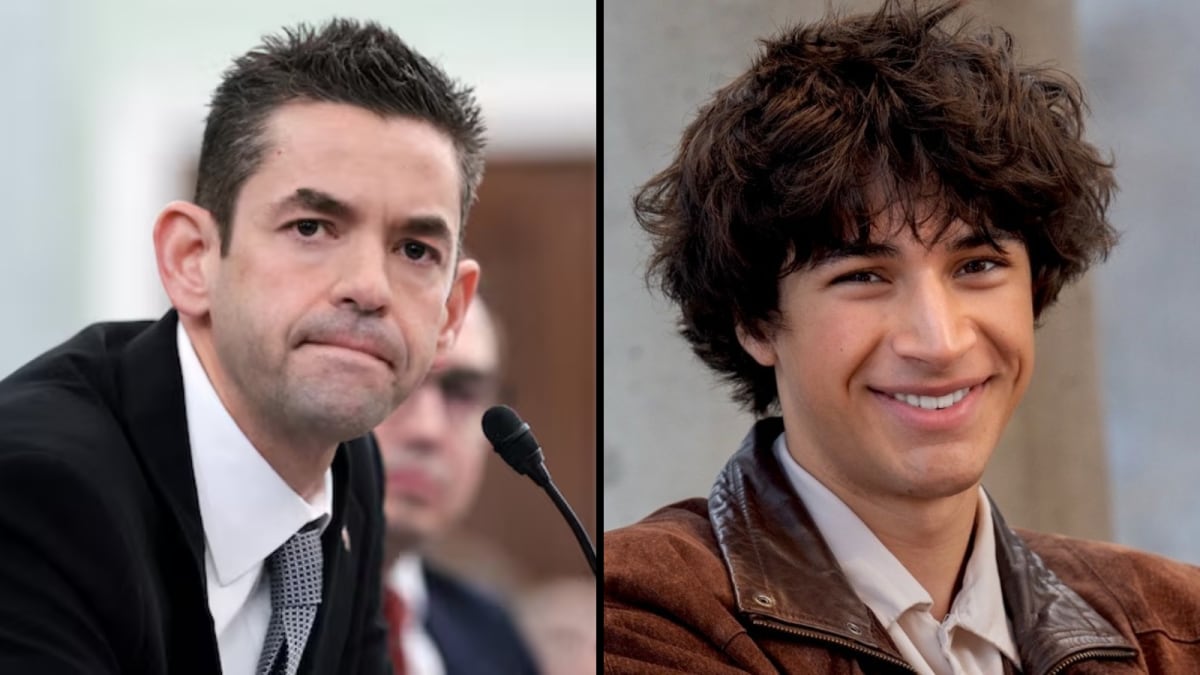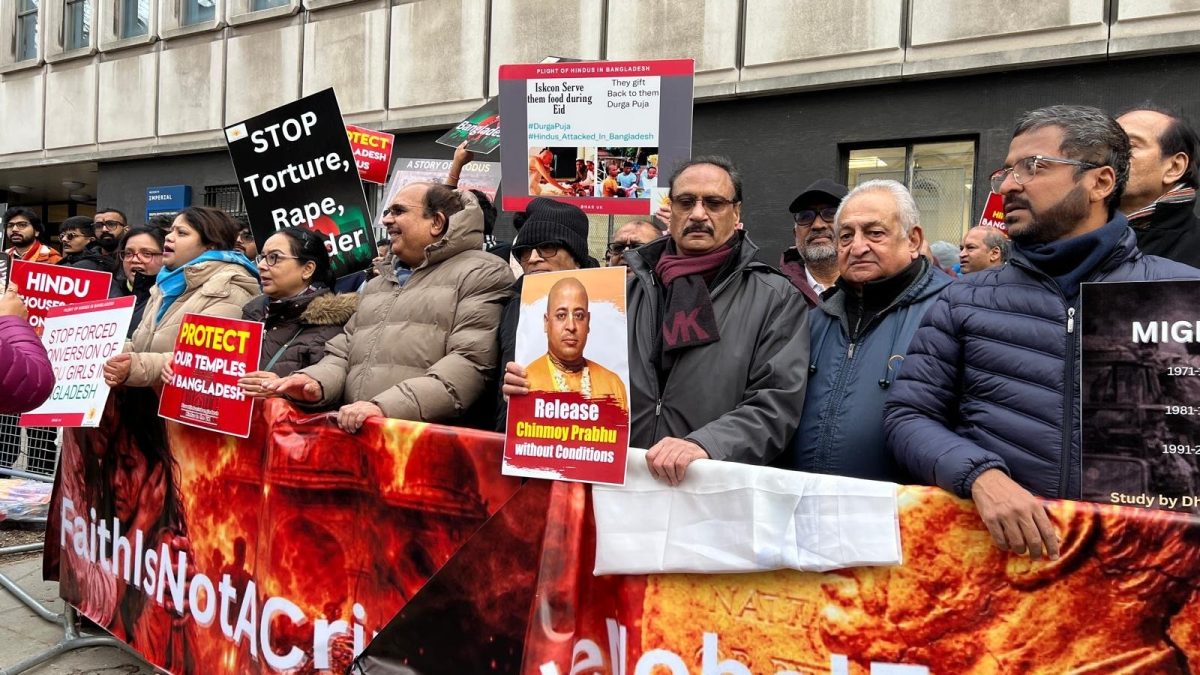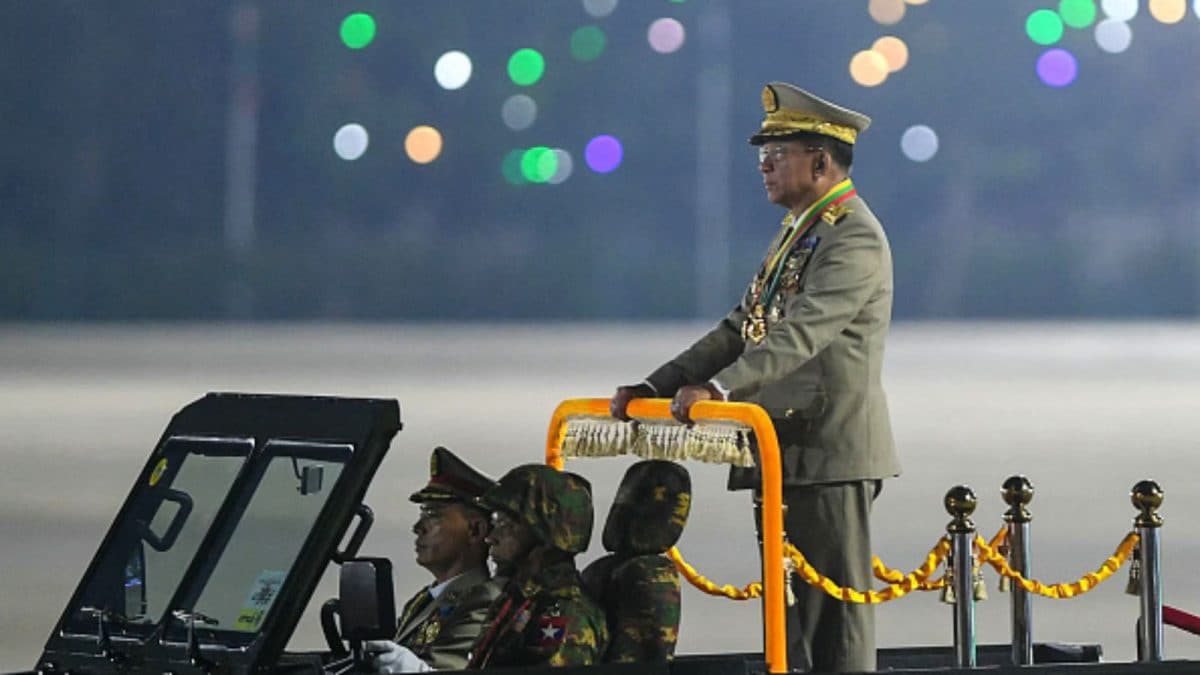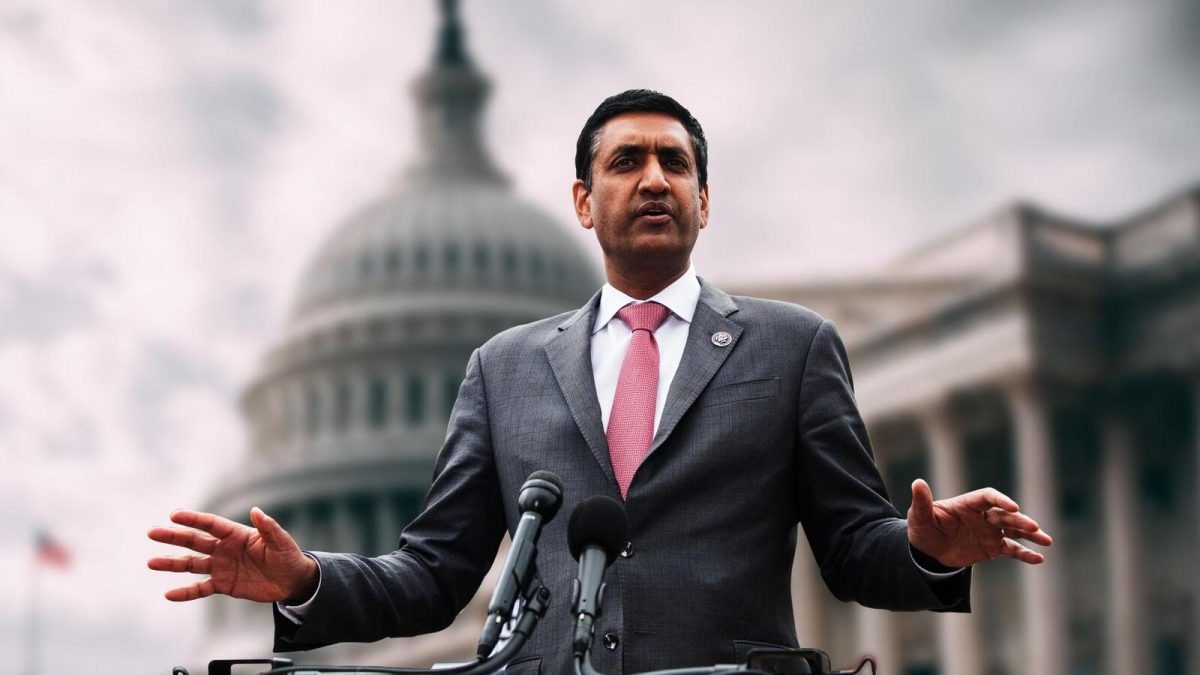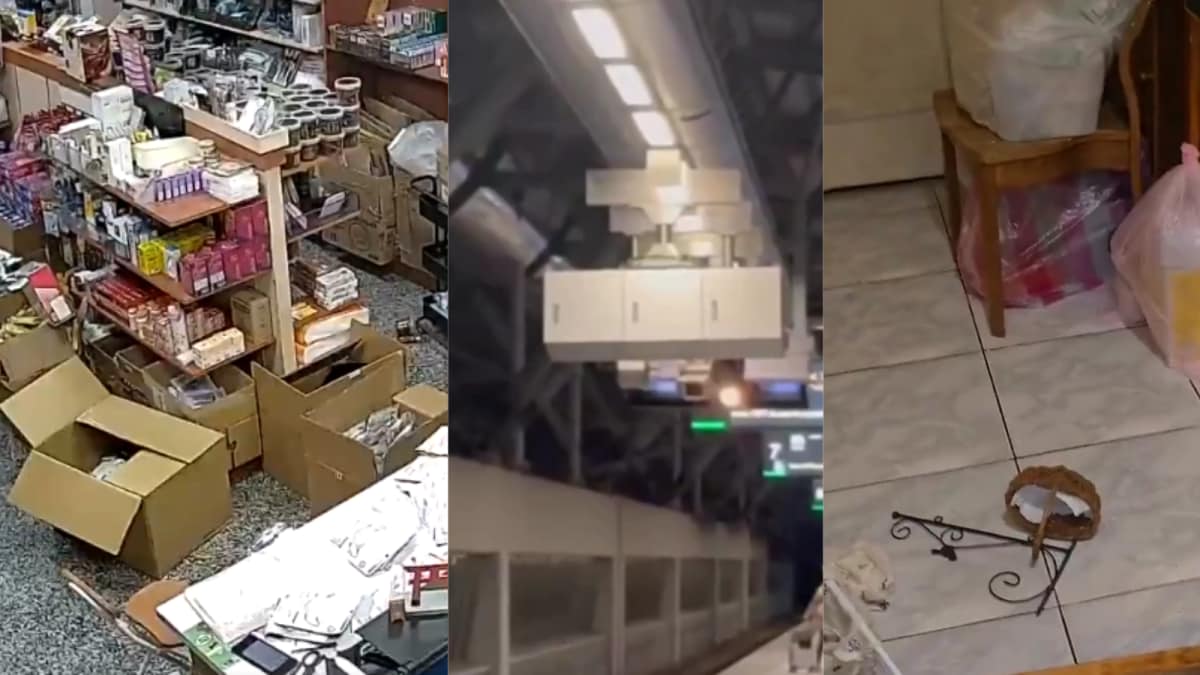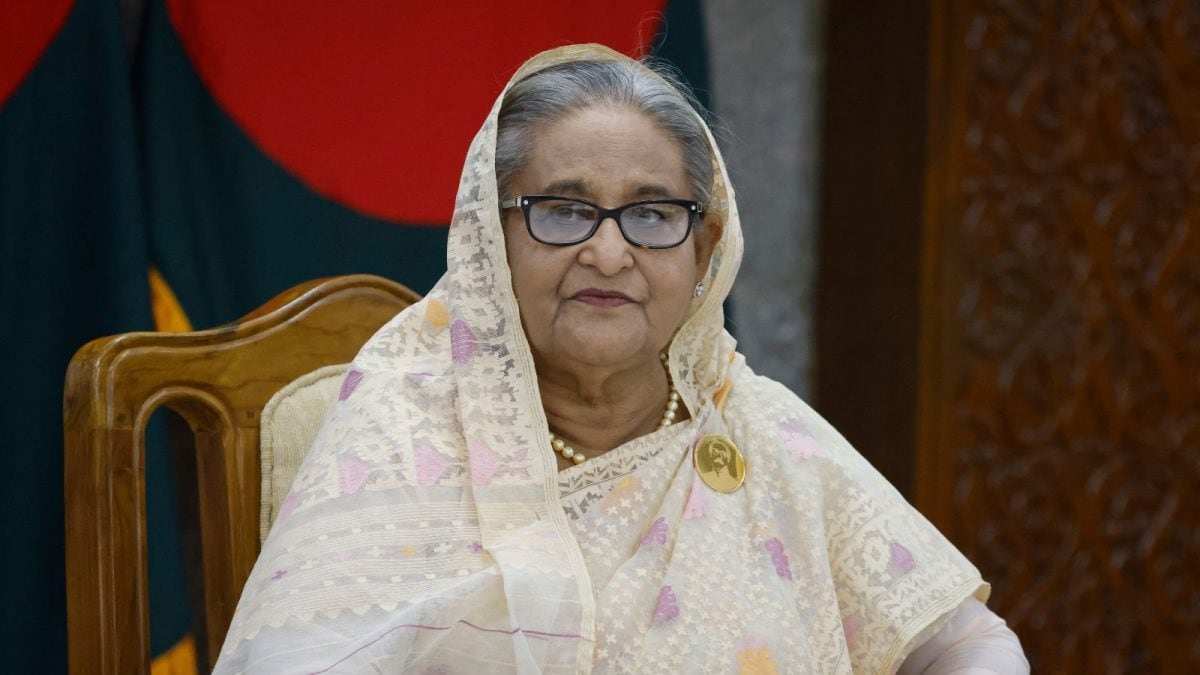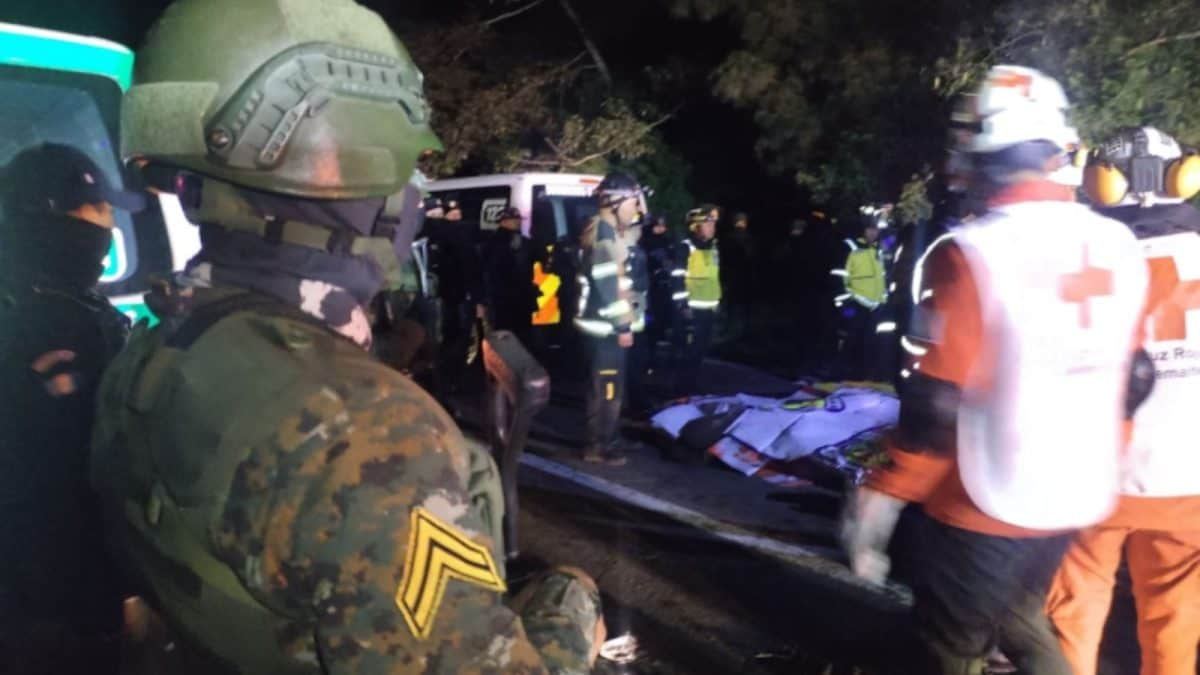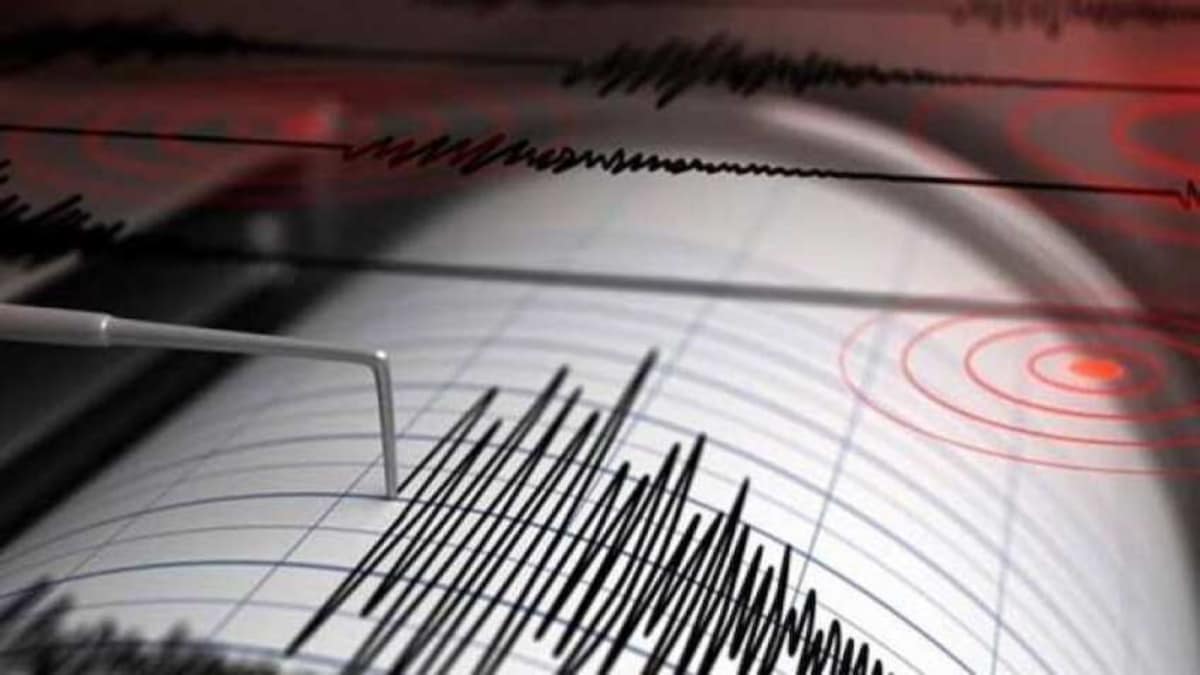Last Updated:November 17, 2025, 15:56 IST
The ICT has delivered its first verdict on last year’s uprising, handing Sheikh Hasina a death sentence. Here’s what she was found guilty of and what options she has now

Sheikh Hasina convicted in 2024 students' protests in Bangladesh case (Photo: AFP)
Sheikh Hasina, Bangladesh’s former prime minister who was ousted during the July 2024 student uprising, has been sentenced to death by the Crimes Tribunal (ICT) after she was convicted of crimes against humanity for her alleged role in ordering a deadly crackdown on student-led protests that toppled her government in August 2024.
The verdict was delivered in absentia as Hasina remains in India, where she fled during the revolt. The ruling marks a turning point in Bangladesh’s political crisis, with the tribunal concluding that she directly ordered or condoned lethal attacks on demonstrators who rose up against her government last year.
The 453-page judgment, which judges dictated for nearly 40 minutes in court, lays out five broad charges. This is the first verdict issued by the tribunal concerning the July–August 2024 unrest, during which the United Nations says up to 1,400 people were killed.
What Has The Bangladesh Tribunal Found Hasina Guilty Of?
The tribunal said Hasina made incendiary remarks and gave direct operational instructions that led to widespread killings. According to the judgment, she was convicted of ordering the use of lethal weapons, authorising helicopter and drone deployment against students, and directing security personnel and political cadres to carry out crackdowns in multiple locations.
One of the key charges relates to the killing of six unarmed protesters in Dhaka’s Chankharpul area on 5 August 2024. Judges ruled that the attack was carried out on her instructions and sentenced her to death for this count. A second death sentence was issued for the killing of six protesters in Ashulia the same day, where five bodies were allegedly burned after being shot, and one victim was reportedly set on fire while still alive.
The tribunal also convicted her for the murder of Begum Rokeya University student Abu Sayed, saying she and her co-accused issued orders that enabled the killing. Several testimonies, videos and forensic reports were cited, including a recorded phone call in which Hasina allegedly told a senior university official to “hang the protestors", a tape the court said was genuine.
Judges further stated that she made public speeches in July 2024 that inflamed tensions, including disparaging comments about freedom fighters’ descendants and Razakars, which the tribunal said contributed to violence breaking out on campuses.
The court held her responsible under the doctrine of superior command responsibility, arguing that she not only incited action but oversaw the use of “helicopters, drones and lethal force" to suppress demonstrations.
What Evidence Did The Court Examine?
The tribunal reviewed thousands of pages of documents, including the prosecution’s 135-page charge sheet and 8,747 pages of supporting material. Of the 81 witnesses listed, 54 testified, among them former police chief Chowdhury Abdullah Al-Mamun, who pleaded guilty and turned state witness. Footage of police firing on students, eyewitness accounts of torture, and testimonies describing severe injuries — including claims that some victims arrived at hospitals without skulls due to beatings — were entered into the record.
Judges also noted allegations that injured students were denied medical care and cited past complaints about ballot manipulation, stating that Hasina had a history of enabling political repression. Her lawyers argued that no drones or helicopters were used and maintained she was innocent, but the tribunal said the defence submissions did not outweigh the evidence.
The court additionally directed that the properties of Hasina and former home minister Asaduzzaman Khan Kamal be confiscated by the state.
Who Else Has Been Convicted?
Alongside Hasina, two senior figures from her administration were sentenced. Her former home minister, Asaduzzaman Khan Kamal, was given the death penalty on two charges and remains a fugitive. Former inspector general of police Al-Mamun received a five-year prison term after pleading guilty and cooperating with investigators.
This is the first time someone has turned state witness in an ICT case since the tribunal was established in 2010.
What Is Hasina’s Position, And Why Was The Verdict Delivered In Absentia?
Hasina, 78, has been living in India since she fled Dhaka at the height of the uprising. She ignored multiple court summons and has repeatedly described the proceedings as a “jurisprudential joke". In October, Hasina had told AFP that a conviction was “preordained".
In her first statement after the verdict, Hasina sharply rejected the ruling, calling the ICT a “rigged tribunal" operating under an “unelected government with no democratic mandate". She alleged that the charges were fabricated and said she had been denied even the “basic standards of justice", claiming she was not allowed to choose her lawyers or present evidence.
She accused interim leader Dr Muhammad Yunus of weaponising the judiciary and argued that the process reflected “the brazen and murderous intent of extremist figures within the interim government". Hasina said she was willing to face the case before an international court, stating, “I am not afraid to face my accusers in a proper tribunal where the evidence can be weighed and tested fairly."
What Happens Now?
Hasina can appeal the judgment only by appearing before the Appellate Division of the Supreme Court, which requires her to physically return to Bangladesh.
She is also facing three more ICT cases: two involving alleged enforced disappearances and another concerning the 2013 Shapla Chattar killings. Her former home minister Kamal faces two additional disappearance-related cases.
The ruling adds a new layer of instability to Bangladesh’s political landscape as the country heads towards elections expected in February 2026. With the Awami League banned and its leadership dispersed, the verdict is likely to deepen polarisation.

Karishma Jain, Chief Sub Editor at News18.com, writes and edits opinion pieces on a variety of subjects, including Indian politics and policy, culture and the arts, technology and social change. Follow her @kar...Read More
Karishma Jain, Chief Sub Editor at News18.com, writes and edits opinion pieces on a variety of subjects, including Indian politics and policy, culture and the arts, technology and social change. Follow her @kar...
Read More
First Published:
November 17, 2025, 15:51 IST
News explainers Why Bangladesh’s Court Sentenced Sheikh Hasina To Death, And What Happens Next?
Disclaimer: Comments reflect users’ views, not News18’s. Please keep discussions respectful and constructive. Abusive, defamatory, or illegal comments will be removed. News18 may disable any comment at its discretion. By posting, you agree to our Terms of Use and Privacy Policy.
Read More

 1 month ago
1 month ago


